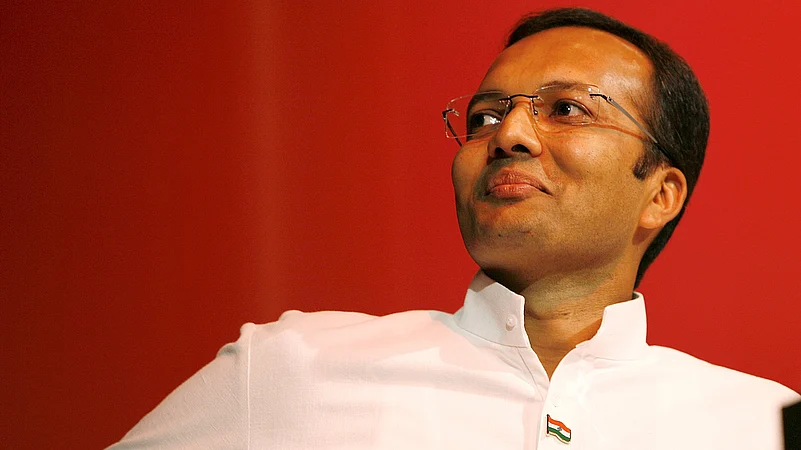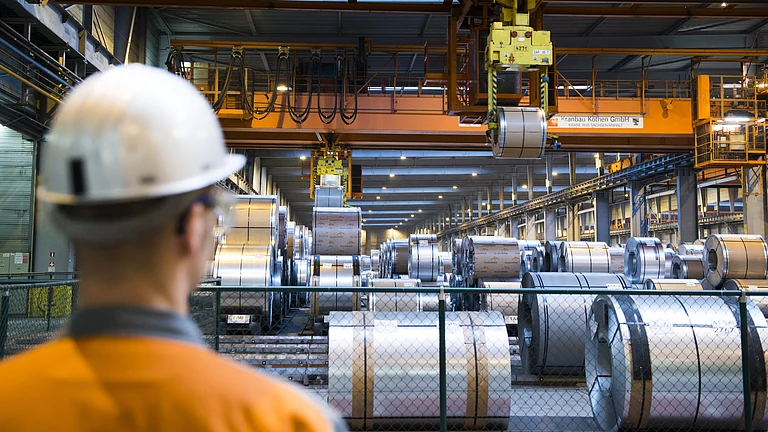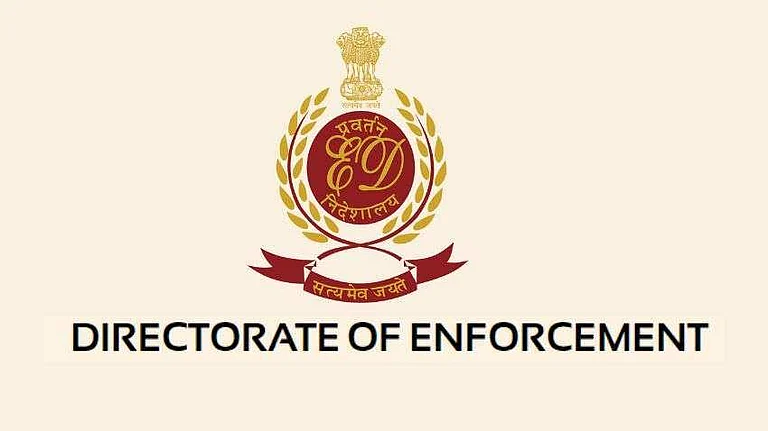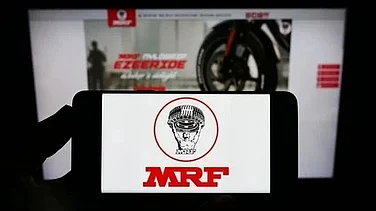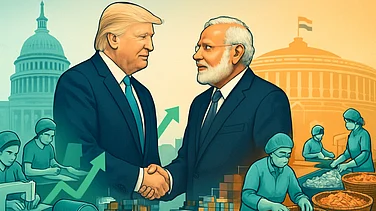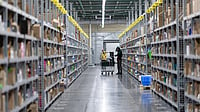
Jindal Steel International, the private global arm of Naveen Jindal’s group, has made a non-binding bid for Thyssenkrupp Steel Europe.
The company has also proposed an additional €2 billion investment to complete Thyssenkrupp’s Duisburg project.
If successful, the deal would be among the largest in global steel industry history.
Jindal Steel International, the global unit of Indian steel giant Jindal Group, has begun talks with Germany’s Thyssenkrupp AG to acquire its steel division, Thyssenkrupp Steel. The company has submitted a non-binding offer for Thyssenkrupp Steel Europe, though it has not disclosed the bid value.
According to ICICI Direct, the deal could be worth between €3–4 billion. The Naveen Jindal-led company has also proposed investing more than €2 billion to complete Thyssenkrupp’s ongoing Direct Reduction Iron project in Duisburg and to add new Electric Arc Furnace capacity.
The brokerage notes the development looks neutral for Jindal Steel since the acquisition is being pursued by its international arm. However, Jindal Steel’s shares dropped 1.86% to ₹1,034 at 3:07 pm today, while Thyssenkrupp AG’s Frankfurt-listed shares were down 1.49% at €11.27 in earlier European trading.
Yesterday, following the announcement of talks, Thyssenkrupp’s shares jumped as much as 7% before closing 4.4% higher on 16 September.
It is important to note that Jindal Steel International is not a subsidiary or associate company of India listed Jindal Steel. It is part of private arm of Naveen Jindal Group and was incorporated in Signapore in 2020, as per tracxn’s data.
ICICI Direct says if the deal goes through, it could be one of the largest in the global steel industry, given Thyssenkrupp Steel Europe is Germany’s biggest steelmaker and Europe’s second-largest flat steel producer, with a production capacity of 10.3 mtpa.
Past Divestment Attempts
The German conglomerate has been trying to sell its steel arm since 2019 as losses mounted. Earlier, divestment attempts for Thyssenkrupp Steel Europe have repeatedly faltered.
A 2019 joint venture with Tata Steel was blocked by EU regulators and talks with Liberty Steel collapsed in 2021 over valuation. In July 2024, Thyssenkrupp sold a 20% stake in TKSE to Czech billionaire Daniel Kretinsky’s EPCG, with discussions continuing over a 50:50 joint venture. The move drew criticism from IG Metall for its lack of strategic clarity.
Now, Jindal Steel’s bid competes directly with Kretinsky’s plan. Difference for now is that IG Metall welcomed Jindal’s approach. Though unresolved issues around valuation and €3 billion in pension liabilities remain major obstacles. Reuters previously reported pension obligations were a key reason past deals failed.
“Steel production has been TK’s most volatile and cash-consuming business, facing structurally higher energy costs since the Ukraine war and rising competition from low-cost Asian imports,” Moody’s wrote last year.
It also flagged risks to the €3 billion hydrogen-capable reduction plant in Duisburg, citing possible delays, overruns, and challenges in securing affordable green hydrogen when it begins operations in 2027. The project is currently paused.
Why Thyssenkrupp Is Selling Its Steel Unit
Thyssenkrupp’s steel division, once the backbone of Germany’s industrial growth, has been squeezed in recent years by cheaper Asian imports, soaring energy costs, and a weak global economy—leading to operating losses in four of the past five years.
Although, the unit still generates about a third of group revenue, but growth has stalled.
In the first nine months of FY25 (ending June 30), sales fell 11% to €7,270 million. EBITDA surged to €580 million from €242 million, while EBIT turned positive at €251 million versus a €14 million loss last year. However, adjusted EBIT dropped 25% to €177 million, and margins slipped to 2.4% from 2.9%.
In Q3 alone, the unit’s order intake declined 23% to €2,098 million, sales dropped 13% to €2,453 million, and adjusted EBIT plunged 69% to €31 million, with margins down to 1.3%. Investments fell 12% to €460 million for the nine months and 60% in the quarter.
The workforce also fell 4% to 25,941 as part of a restructuring plan. In July, Thyssenkrupp agreed with its powerful workers’ union IG Metall to cut nearly 10,000 jobs, including 3,700 through efficiency measures by FY28, another 1,600 by FY29 and up to 4,000 employees outsourced by FY30. The deal also introduced cost-saving measures such as lower bonuses, shorter hours, and reduced allowances.
Plans include reducing output to 8.7–9 mtpa, shutting selected blast furnaces and mills, and investing in new assets such as a direct reduction plant and continuous casting line.
Jindal’s European Plans
This would not be Jindal Steel’s first foray into Europe. Last year, it acquired Czech steelmaker Vítkovice Steel, which runs a 750,000 tpa processing mill. The company also bid for Italy’s Acciaierie d’Italia but lost to Azerbaijan’s Baku Steel.
Earlier this year, Mint reported that Naveen Jindal is building a parallel private steel empire abroad that could rival his listed company Jindal Steel. Over five years, he has assembled assets across Europe, the Middle East, and Africa, including coal and iron ore mines in Mozambique and Cameroon and a 2 mtpa plant in Oman.
By 2028, his private ventures could produce 14 mtpa of largely green, low-emission steel for Europe and the Middle East, compared with Jindal Steel’s expected 15.9 mtpa capacity in India. Proxy advisory firms have warned of possible conflicts of interest, as these private ventures may compete with Jindal Steel and divert management focus.
Beyond steel, Jindal is also expanding into power and renewables through private entities, with projects in thermal, hydro, and green hydrogen.
His latest bid comes as the EU prepares to implement its Carbon Border Adjustment Mechanism (CBAM) in January 2026, a carbon tax on imports that will give cleaner steelmakers a competitive edge in Europe.







